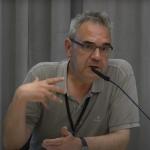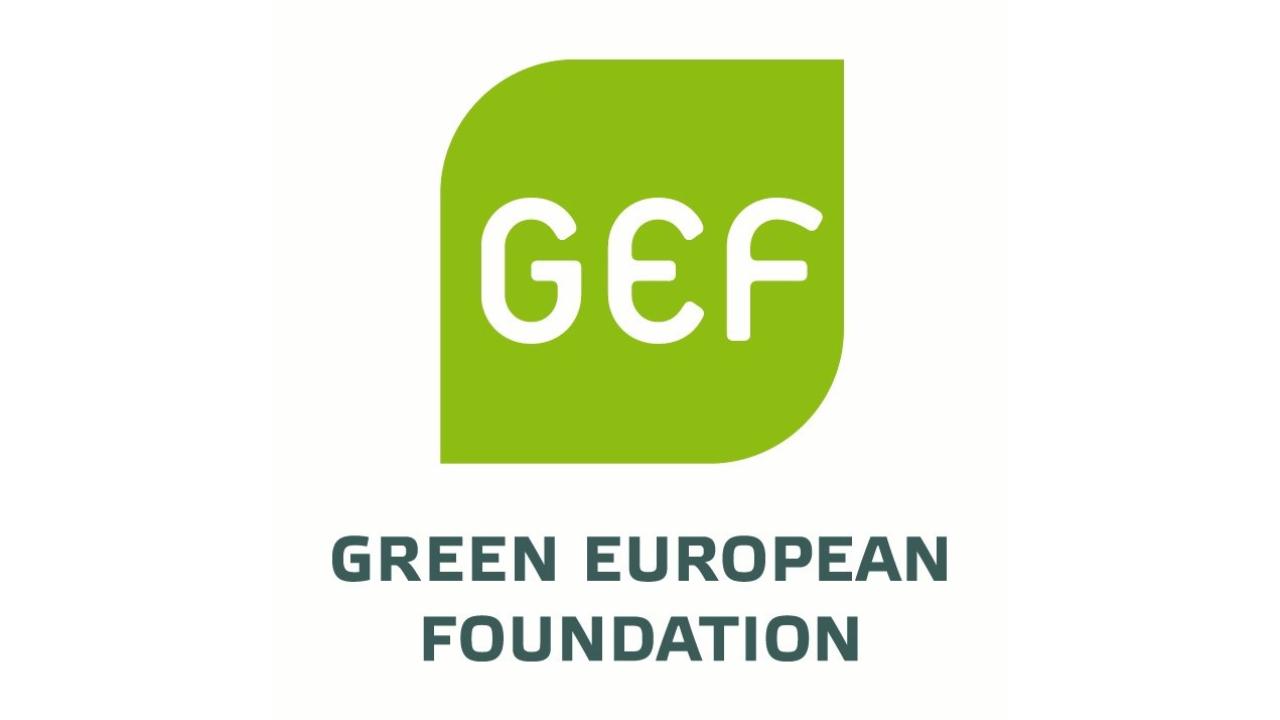When it comes to influencing the foreign policies of nations in the Global South, I think the colonial framing has reached its limits. The stance of active non-alignment is locked in. Ukrainian – and European – diplomacy stands a better chance if it appeals to these countries’ interests. We need to learn what these interests are and figure out where they might overlap with ours. It’s a good investment – not just financially – to build connections, make contacts, and bring decision-makers, businesspeople, students, and even artists into dialogue. That whole spectrum of engagement is valuable.
To give a concrete example, about a year ago, the Estonian Foreign Ministry held a meeting with those African ambassadors who cover Estonia from Berlin. Estonia does not have African embassies; they’re usually in Helsinki, Stockholm, or Berlin. So, they organised a meeting in Berlin, where there’s the highest concentration. The foreign minister was there, as well as a lot of ministerial staff. They were trying to spark something. There were already formal diplomatic relations, of course, but this was about making those relationships active and meaningful. The message was very simple: 'How do we make this a winning relationship? What can we do for you? Where can we find shared interests?'
It was a very simple gesture, with a message of equal partnership. No 'lecturing' African ambassadors about Russia or framing everything through a security lens. I think there was something very sincere about it. Maybe that’s real idealism: the idea that we can transcend historical baggage and the broader geopolitical context by focusing on shared interests. That might sound naïve, but I found the initiative quite refreshing."
Why is it wrong to lecture about Russia?
"I will respond to that with a brief anecdote. When I was in Addis Ababa, I asked people for their views on Ukraine. They were mostly very polite, very professional, and gave me excellent answers. But one person responded quite angrily saying, 'Our country, Ethiopia, is constantly at war, and we are constantly facing famine without the help of international donations. We have all these challenges – do not ask me about Ukraine.'"
So much for neo-idealism, with its focus on values.
"The neo-idealism articulated by various leaders in Central, Eastern, and Northern Europe often gets framed as part of a grand strategy in foreign relations, including by Benjamin Tallis, who coined the term. I don’t see it that way. I see neo-idealism as a response to the West’s longstanding difficulty in translating its enormous economic and technological power into military success. Over the last 30 years, the West – whether we’re talking NATO, the US, or the EU – has struggled to win wars, at least in a strategic sense. We may win initially, but we often lose in the long term. That creates anxiety: why can’t we defend ourselves effectively despite all our power? I think neo-idealism partly stems from that anxiety.
One reason for this lack of success is the way the West prefers to fight wars: minimal casualties, heavy reliance on technology, short timelines. These kinds of wars are palatable to voters. But that’s not how war has traditionally been fought. Historically, war involves sacrifice, taxes, and deep societal mobilisation. We don’t see that now, and as a result, the military has almost disappeared from everyday public life in Europe.



